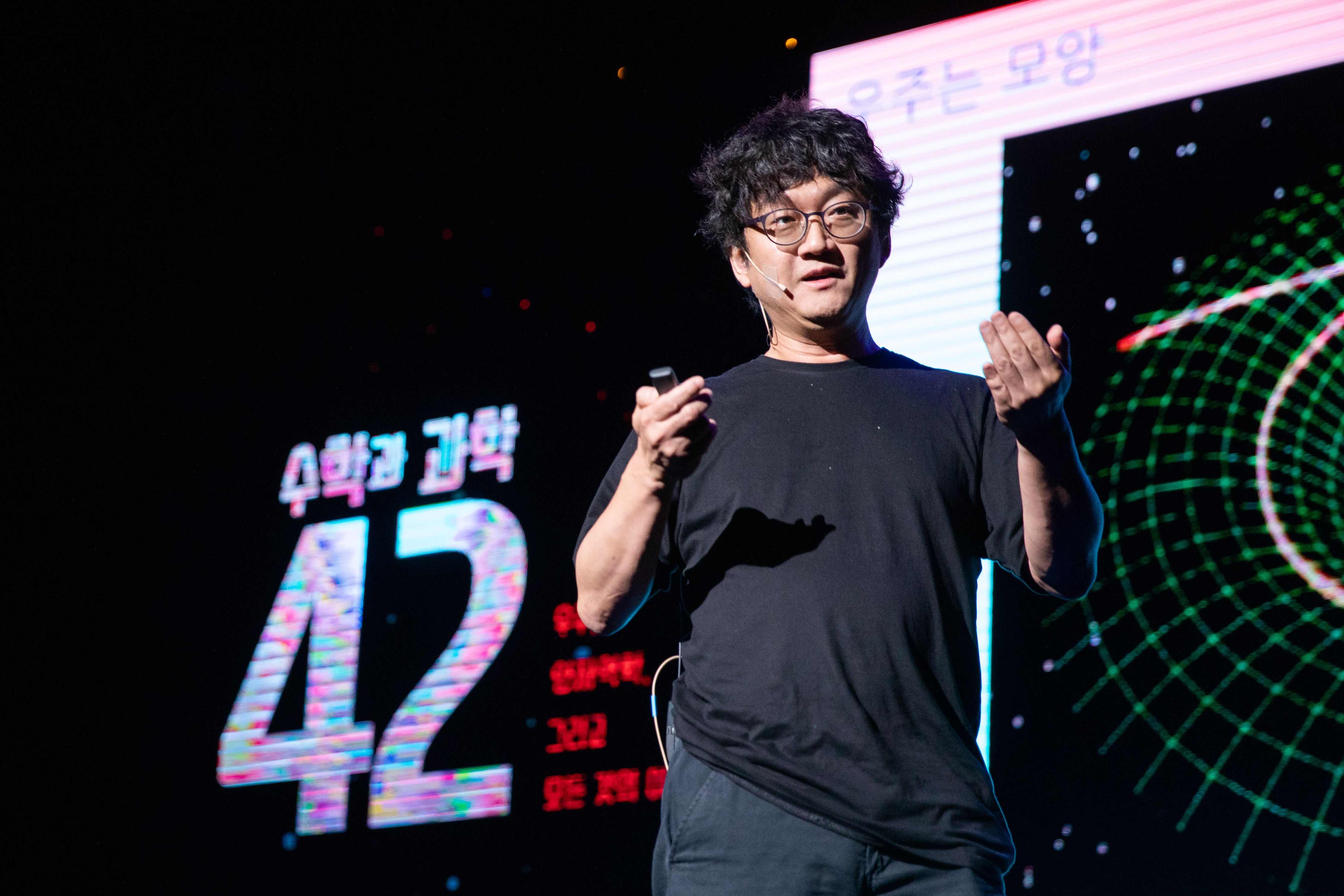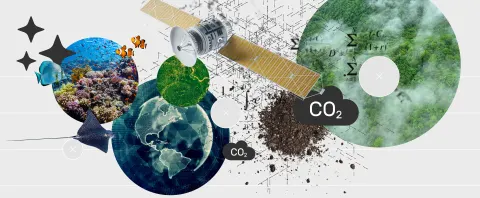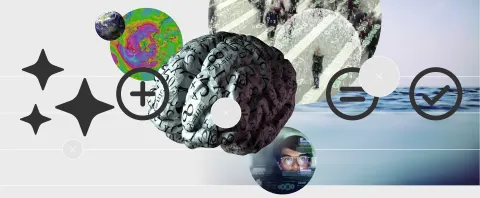Unlike any other discipline, mathematics is deeply rooted in almost every human culture. This has been the case for as long as written records have existed. The practices of counting, measuring, arranging, quantifying and comparing objects in the physical world around us is so useful that we begin to teach them to our children at a very young age.
Associated Sub-Fields:
The modern academic study of mathematics is a world away from these basic activities, but remains an essential part of the functioning of human civilisation. In the 21st century, mathematical fields such as linear algebra, differential calculus and statistical analysis underpin a wide swathe of our everyday activities, from online shopping to medical diagnosis.
The field has always been aware of its shortcomings: mathematics has a long tradition of raising awareness of unsolved challenges. At the beginning of the 20th century, for instance, the mathematician David Hilbert outlined 23 significant challenges, 20 of which now have full or partial solutions. At the turn of this century, the Clay Institute offered a $1 million prize for the solution of any of seven problems, only one of which has been solved so far.
Mathematicians are aware of plenty of other less-celebrated gaps that also need to be filled, both for the “completeness” of mathematics and because those gaps can contain tools useful for the advancement of humanity’s interests. It has always been extremely difficult to predict the pace of progress and breakthrough in mathematics, and to know which as yet undeveloped mathematical tools will be useful to academics in other disciplines of the natural and social sciences. However, it is clear from past experience that future developments in a variety of mathematical disciplines will accelerate progress in science and technology, facilitate greater societal stability and push forward the frontiers of medicine.
Achieving these advances will require increased collaboration between mathematicians and academics from other disciplines, and improvements in the equity of access to advanced mathematics education.
KEY TAKEAWAYS
Humans have been counting, measuring and comparing aspects of the physical world, as well as defining abstract mathematical concepts and their interactions, for many tens of thousands of years. While the uses of mathematics have broadened, some of the central original applications remain, albeit with significantly more complexity. Modern mathematics is essential to the study of Nature, whether that is for understanding our planet’s past and possible futures, or broader cosmological considerations. Taking this further will require new mathematical tools. The wealth of data available to us in the 21st century has facilitated the development of Machines that can assist with the complexity of modern mathematical calculation and logical inference. With judicious development, such AI could soon become a useful tool for mathematicians. Whether in supply chains, medical technologies, transport logistics or public administration, the central role of mathematics in human Society is set to continue. Suitably applied, mathematical models can assist with the development of better futures for human groups of all sizes, though challenges remain. There are also challenges in applying mathematics to the study of biological Life, which necessarily involves dealing with complex components and processes that are often difficult to formalise as mathematical entities and procedures. Nonetheless, progress is being made, raising the possibility that the application of mathematics can improve future human health and our scientific understanding of life.







